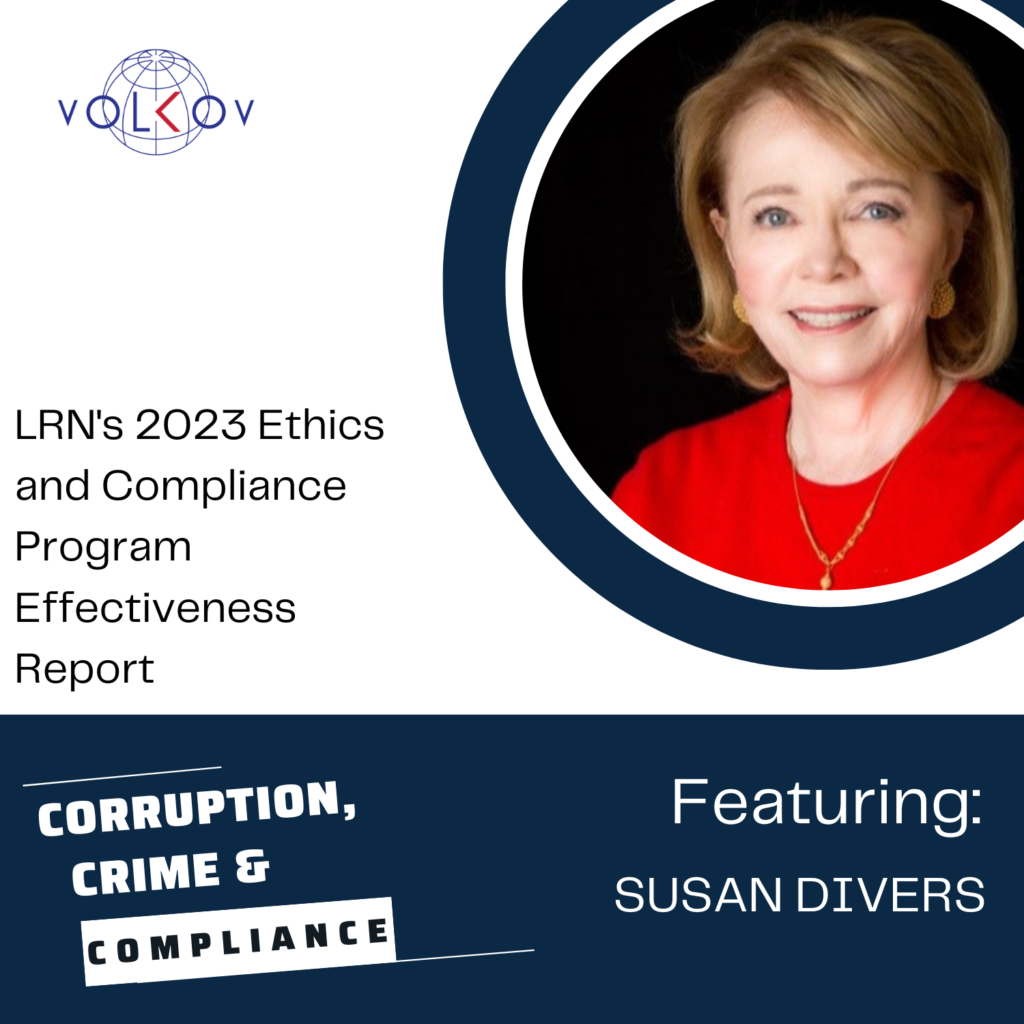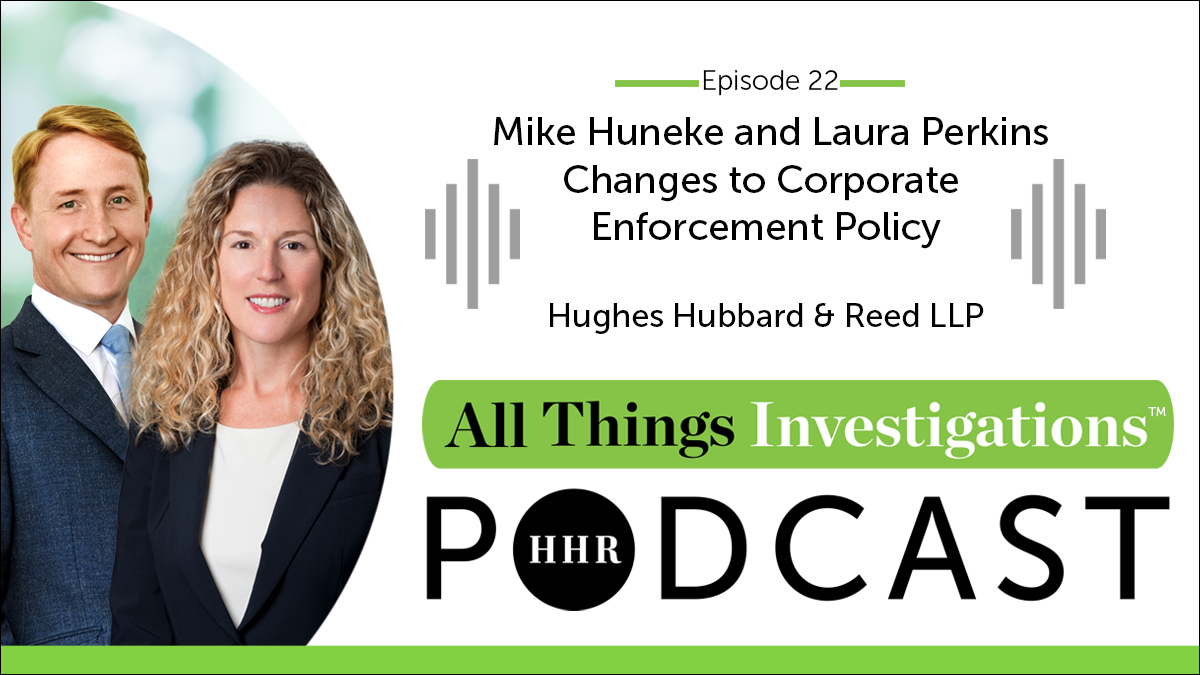What you’ll learn on this podcast episode
Engagement is a hot topic in the ethics and compliance space—it impacts training, communications, and overall program effectiveness. But driving engagement gets tricky when you have a global presence or employee populations with different working conditions and technologies. How can E&C professionals foster engagement in a way that resonates with everyone—and even makes it fun? In this episode of LRN’s Principled Podcast, host Dave Hansen talks with Kerry Ferwerda, the ethics and compliance manager for Europe at NSG Group, about how to plan a successful corporate ethics and compliance week. Listen in as the two discuss ideas and best practices around event content, communication, and participation.
Guest: Kerry Ferwerda

Kerry Ferwerda is the ethics and compliance manager for Europe at NSG Group, one of the world’s largest manufacturers of glass and glazing products for architectural and automotive. it is also a leading supplier of technical glass products within its Creative Technology division. NSG has principal operations around the world with sales in over 100 countries.
A passionate advocate for doing business the right way, Kerry has worked within ethics and compliance for the past 10 years. During this time, Kerry has led E&C education initiatives across the group, operating across the business lines to develop and implement education programs that deliver value and embed a strong company culture.
Prior to joining ethics and compliance, Kerry worked within the group’s Automotive Glass Replacement business unit for 12 years, gaining a wealth of experience in roles across multiple departments and functional disciplines—including Finance, Operations, Supply Chain, IS, and Customer Service.
Kerry holds a BSc (Hons) in Information Technology for Business from Aston University, Birmingham, UK.
Dave Hansen is the global advocacy marketing director at LRN, an organization focused on ethics and compliance solutions that help people around the world do the right thing. His team drives LRN’s customer obsession by building community, deepening customer engagement, and finding meaningful opportunities for collaboration. Dave is passionate about learning, having spent most of his career within higher education or training. He loves sharing customer stories and best practices in the name of continuous improvement. Dave is a proud dad, coffee enthusiast, drummer, and scuba diver. In his spare time, he enjoys cooking and reading!






